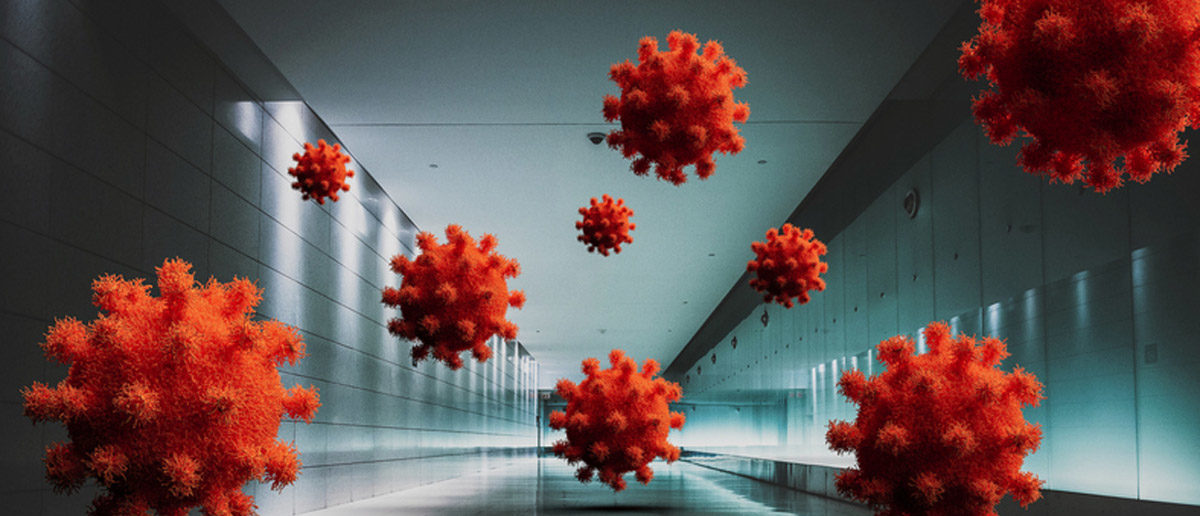AMNESTY INTERNATIONAL PHILIPPINES
PRESS RELEASE
20 MARCH 2020
As cases of COVID-19 continue to rise in the country, Amnesty International Philippines urges the government to plan ahead for a clearer and more sustainable approach to respond to the pandemic. Human rights must be at the center of all prevention, preparedness, containment and treatment efforts from the start, in order to best protect public health and support the groups and people who are most at risk said Amnesty International Philippines in a statement.
“There is a need for a more coordinated government response to the COVID-19 threat, which takes into account people and groups most at risk of the most adverse impact,” said Butch Olano, Section Director of Amnesty International Philippines.
“The latest WHO situation report says that transmission risk is very high, and while measures have been implemented to mitigate this, the government should also start taking into account long-term needs, keeping in mind that as transmission rates increase, human rights, especially those of marginalized groups, are affected both by the virus and the government’s response.”
Amnesty International Philippines emphasizes the government’s obligation to guarantee all human rights, in particular, the right to health, by ensuring that goods, services and information necessary for prevention are not only available but accessible and affordable for all persons.
“Certain groups are at greater risk of contracting Coronavirus and its effects. People living in poverty or those with precarious employment, people with disabilities, and people in detention face additional challenges in preventing exposure to COVID-19.The Philippines government’s plan of action must ensure that everyone can access health care goods, facilities and services, free from discrimination, including diagnosis and care, including these groups.” Olano added.
“Many parts of the Philippines are now under quarantine and the police and military are involved in this effort. Quarantines should not be discriminatory, should be of limited duration, and subject to periodic review.
“Amnesty International urges security forces to show utmost restraint and fully respect human rights, while quarantines are in effect,” said Olano.
The community quarantine can adversely impact people’s rights to and at work, with people in precarious forms of labor likely being disproportionately affected Amnesty said.
“The government should ensure that all people have access to adequate forms of social security – where they are unable to work because of the virus, if they are prevented from traveling to work, sick, or caring for dependents who are affected, including children because of school closures,” added Olano.
Any vaccines and cures developed for COVID-19 in the future has to be available in sufficient quantity, good quality and affordable for everyone without discrimination. The government’s plan of action must be rooted in human rights, respectful of medical ethics, and culturally, scientifically and medically appropriate.” Concluded Olano.
Background
On 8 March 2020, President Duterte declared a State of Public Health Emergency throughout the country via Presidential Proclamation No. 922 after DOH Secretary Duque confirmed the first case of local transmission of the Corona Virus Disease (COVID-19). The declaration urges all citizens to comply with directives and advisories to be issued by appropriate agencies to prevent transmission of COVID-19 and to ensure the safety and well-being of all. And in his Address to the Nation on 12 March 2020, following the release of Resolution No. 11 of the Inter Agency Task Force on Emerging Infectious Diseases (IATF-EID), President Duterte announced a Metro Manila-wide implementation of community quarantine and restrictions on land and domestic air and sea travel. Finally, on 17 March, Malacañan placed the entire country under State of Calamity.


